Places To Get Mulch For Free Near You
Important Note: When you buy through our links, we may earn a commission. As an Amazon Associate we earn from qualifying purchases. Content, pricing, offers and availability are subject to change at any time - more info.
Key Takeaways
- While most organic matter is safe to use as a mulch, black walnut trees should be avoided as they contain juglone which is highly toxic to plants.
- Always have a designated free spot in your garden where you can temporarily store mulch.
- Mulch eventually turns into compost, so you will have to replace it from time to time once it has blended with your garden’s soil.
- Most counties or cities recycle Christmas trees after the holidays, so getting free mulch on your doorstep is a great time.
Gardening can be an expensive hobby, especially if you have a taste for the finer things in life, like collecting rare exotic plant cultivars. However, you don’t have to max your credit card as there are so many places to get mulch for free. So, let us show you how!
Advertisement
The 9 Best Places To Get Mulch For Free Near You
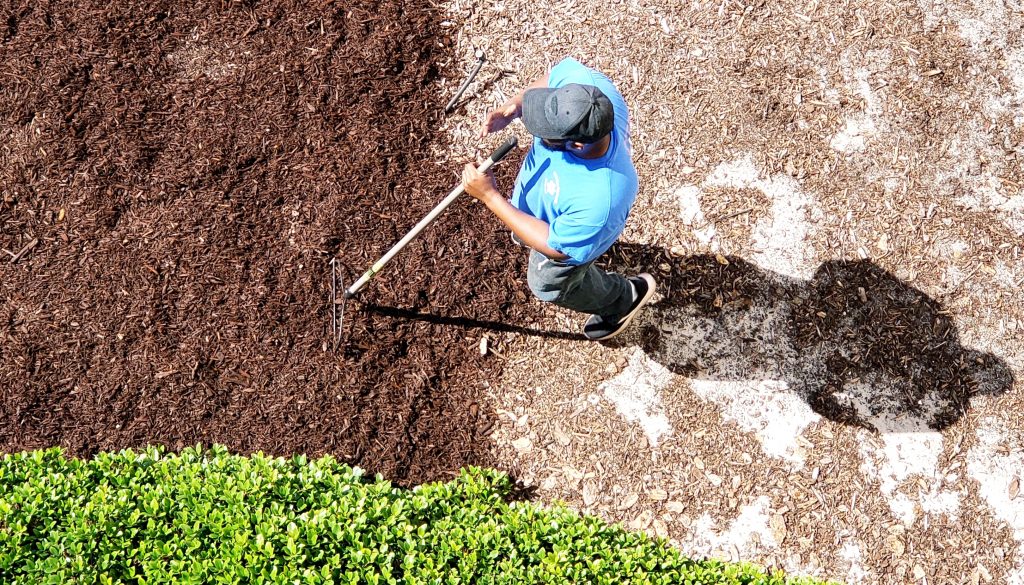
There’s no doubt that mulch plays a pivotal role in combatting weeds, retaining moisture, and adding nutrients to your soil.
So, here are nine great places to get free mulch. Who knows, it might just be around the corner!
Ask Your Local Authorities
Many towns and cities collect autumn leaves and tree branches each fall, usually coupled with a free mulch program in spring.
Therefore, contact your local authorities to determine whether they offer that service. Although, remember to take a shovel and some sturdy bags or containers when you collect your mulch bounty.
Advertisement
Use Your Garden Leaves
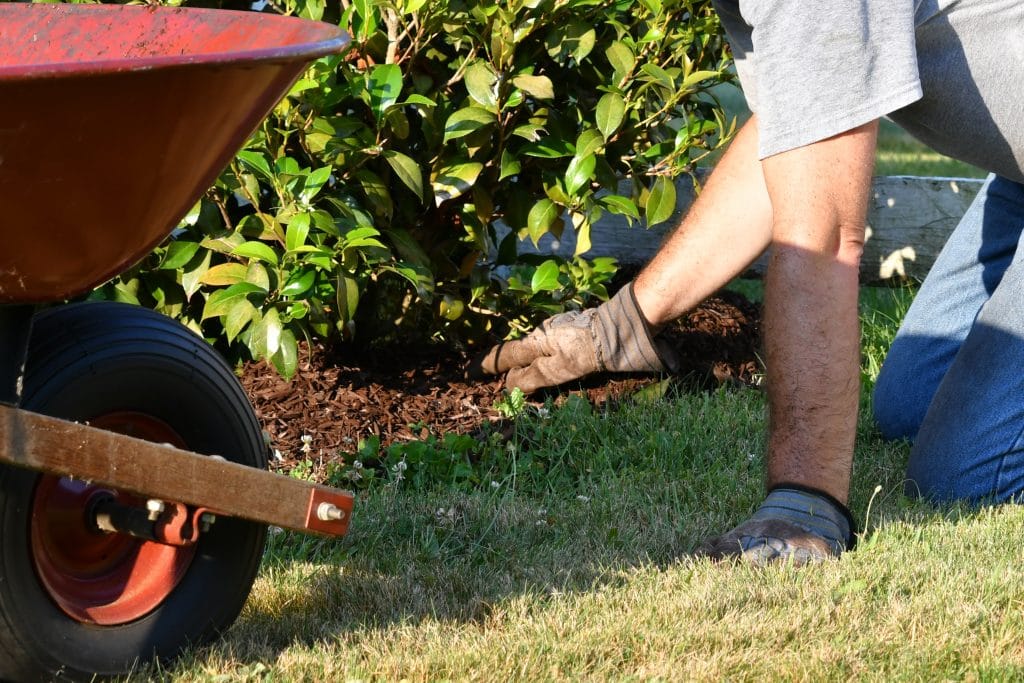
Shredded garden leaves are worth their weight in gold as a mulch!
So, instead of raking them up each fall, shred them with your lawnmower into fine pieces, although you might have to run the lawnmower over them more than once.
You can either spread the shredded leaves throughout your flowerbeds or leave them on your lawn to compost and provide much-needed nutrients to create a lush lawn.
But don’t be tempted to use whole leaves as they will retain too much moisture and spread mold and mildew, which is best to be avoided.
Apart from adding nutrients to the soil, leaving mulch will combat weeds and retain moisture, promoting significant plant growth.
Make Friends With A Tree Crew
Tree-felling companies must dispose of all their felled trees by chipping them into small, manageable pieces, and they often must offload lots of the stuff!
Advertisement
Thus, if you spot a tree-felling company in your neighborhood – make friends with them as you might end up with lots of excellent free mulch, and you will really be in luck if they are willing to drop it off on route to a customer.
Although, just make sure that you have enough space in your garden should a truck arrive.
Wood chips that include leaves and bark are among the best mulches. They keep the soil’s temperature steady, compost at a slower rate (so you don’t have to change it as often), promote biodiversity, and retain excellent moisture in drought-prone areas.
Contact Your Local Electric Company
Electric companies often must trim or remove trees interfering with their powerlines which means that they could have a large pile of free wood chip mulch just waiting for you. It’s certainly worth asking for!
Collect Pine Needles
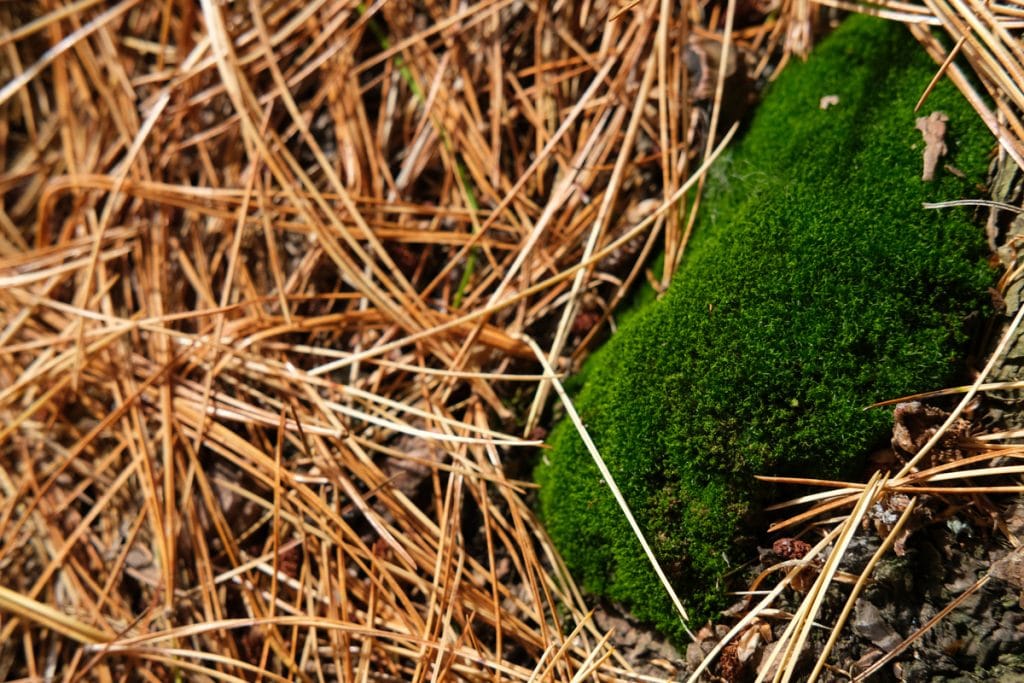
That’s right — pine needles are a perfect mulch for many reasons, so you would be wise to collect as many as possible on a long walk through the woodlands.
Like woodchips, pine needles take a long time to turn into compost, and let’s face it – they smell great!
They are also perfect for hilly areas in your garden. Their tiny needles interlock and stay in place while adding nutrients to your soil and allowing air and water to circulate, promoting root growth.
Advertisement
Use Your Grass Clippings
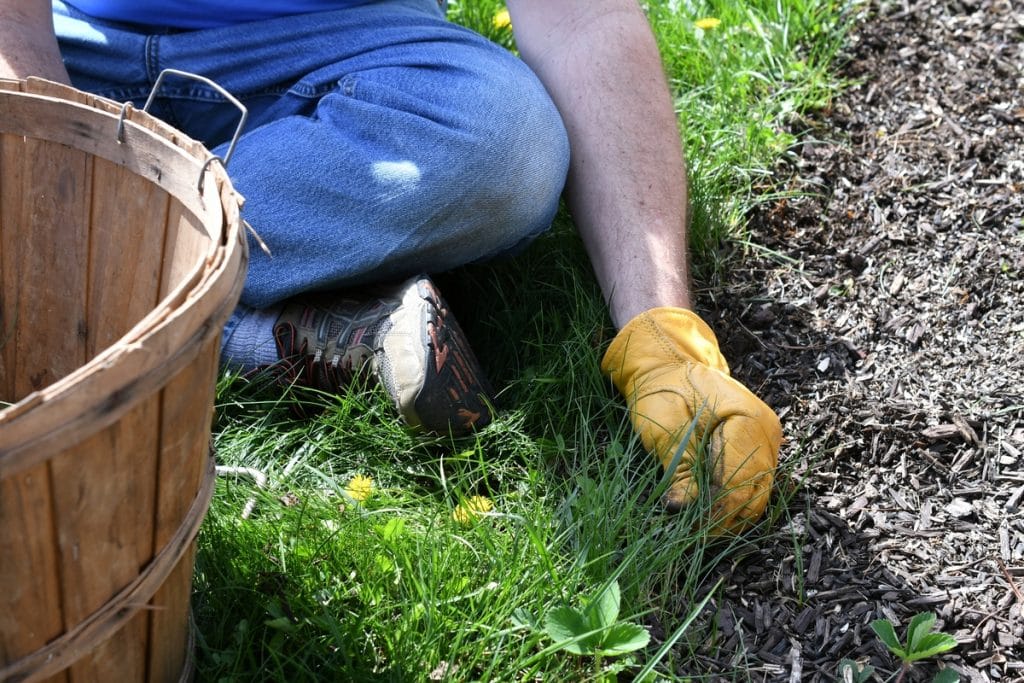
Mature grass clippings are an excellent mulch that you can pile up in your garden for the following season.
Dried grass clippings are an ideal mulch for vegetable patches as they contain a lot of nitrogen, pesky combat weeds, and retain moisture.
Save Organic Matter To Make Mulch Compost
Good things take time which can also be applied to compost. So, if you want free mulch to start a little compost heap, nothing goes to waste; the best part is that it’s free.
Contact A Farmer For Straw
If you reside in a rural community, approach a farmer for free straw as it is a fantastic mulch for annual, perennial, and vegetable patches and kick-start new lawns. However, don’t confuse straw with hay which can be destructive as it could contain crop seeds or weeds.
Remember to keep your barbeque well away from it, as straw is incredibly flammable, and it will have to be replaced as it tends to break down quickly.
Save Those Newspaper Subscriptions
All gardeners know that weeding can be tedious, so keep old newspapers on hand to stop weeds in their tracks as it’s a free landscaping cloth that also retains moisture.
Start by covering your garden soil with black and white newspaper (colored inks are toxic), then apply a good quality organic mulch like wood chips or shredded leaves.
Related Questions
Now that you know the most fantastic places to get free mulch, you might still have a few questions. So, here are the answers to the most frequently asked questions concerning your path to a lush personal oasis.
Fresh grass clipping may burn your plants as they have too much nitrogen, and they may prevent water from penetrating the soil, which can dry out root systems and avoid growth. Most importantly, please refrain from using grass clippings that may contain a herbicide as it can be toxic.
Advertisement
It’s essential to ensure that your woodchips have been allowed to mature. Low-grade or newly shredded woodchips contain toxic acids, insect larvae, or weed seeds that could be harmful if they have not had enough time to disintegrate.
Composting is a fantastic way to take care of your garden and the planet, as you can use most organic substances that would otherwise end on a landfill.
Just add the following to your composter: leaves, vegetable scraps, coffee grounds, paper, cardboard, ash, hair, and any disease-free plants, and remember to turn it over every 2-To three weeks. Happy free gardening!

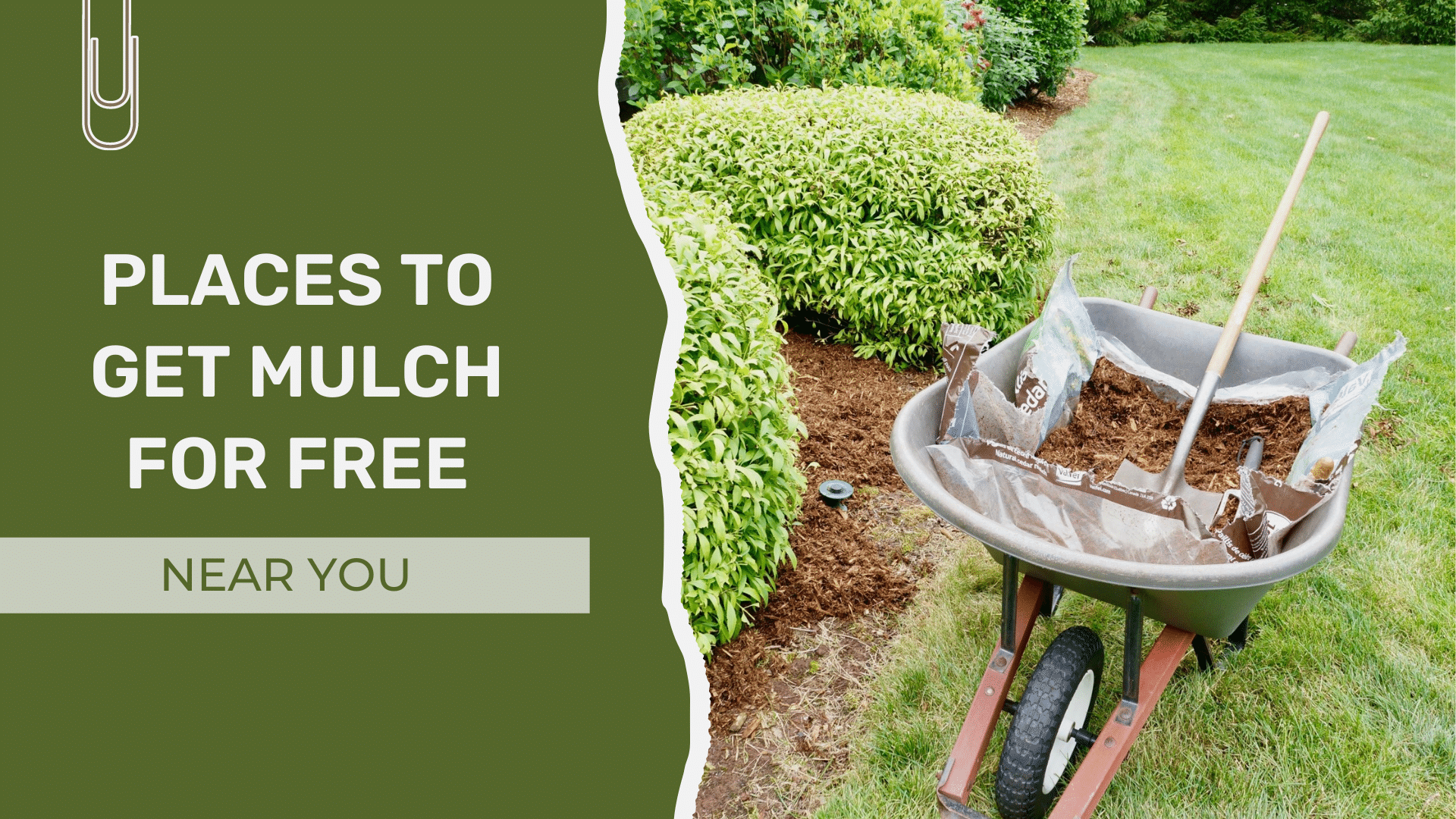
 Please Support Me on Ko-fi
Please Support Me on Ko-fi